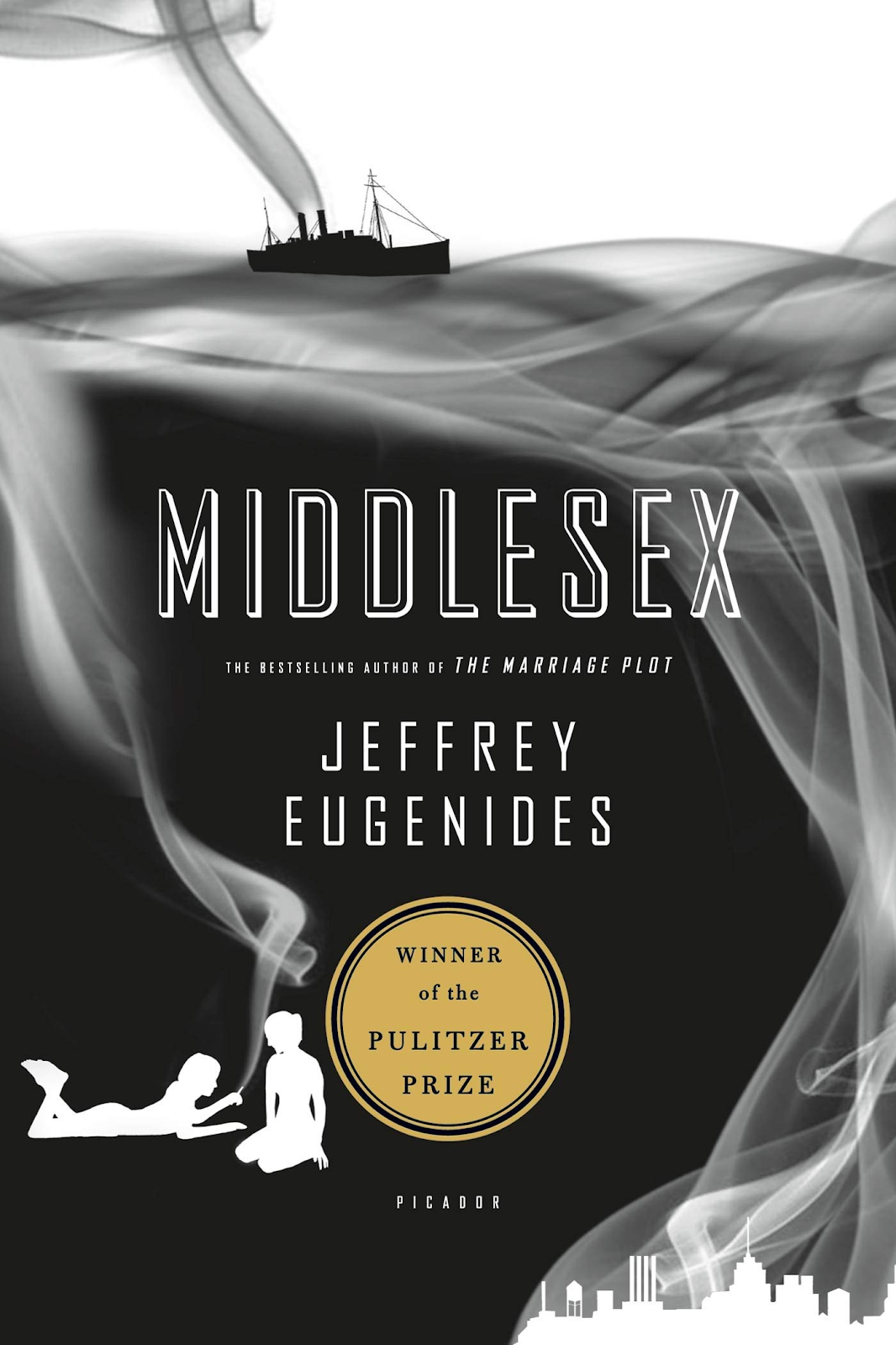Grosse Pointe and Feminism
Applying a psychoanalytic lens to Middlesex, the choices of the main character, Calliope, show a confused yet somehow self-aware individual who is naive and looking to experience new things in order to understand themselves better. Callie feels the primal desire to kiss Clementine Stark, and because she doesn't understand why she feels that way about someone of the same gender, she follows the decision of her id and goes on to Clementine’s house. This impulsive and primal desire is similar to many individuals in the Stephanides family. Starting with Desdemona and Lefty, knowing that they are siblings, continue to follow their primal desires and start a relationship with each other. They forget about others as they listen to the selfish view of their id, and start an incestual relationship that eventually makes them pay when Calliope is born.
This selfish and primal behavior is continued again with Lefty’s friend, Jimmy Zizmo. When he gets worried about his wife cheating on him with Lefty, Zizmo tries to interrogate him in the car even though he knows the weather is dangerous. This results in Zizmo’s death as the car crashes, and Lefty ends up surviving. Once again, the impulsiveness of the characters impedes their rational thinking, and causes damage to relationships and sometimes even lives.
The greatest example of selfish and impulsive primal thinking in the story comes between Lefty and Desdemona’s son Milton, and Zizmo’s daughter, Tessie. Milton falls in love with his cousin, Tessie, once again continuing the incestual pattern of relationships in this godforsaken family. However, Desdemona gets in the way this time, as she has apparently learned from her mistakes? Just kidding, she just wants to find a different bride for her son so she can have greater connections and wealth. But once again, Milton, in a fit of rage once Tessie accepts someone else’s proposal, joins the army to essentially give up his life.
These impulsive decisions throughout the story seem to reflect human nature. The psychoanalytic lens applied to this book shows that Middlesex is simply a reflection of society, and humans act selfishly and impulsively to make primal decisions regardless of what they think they are doing.



Comments
Post a Comment